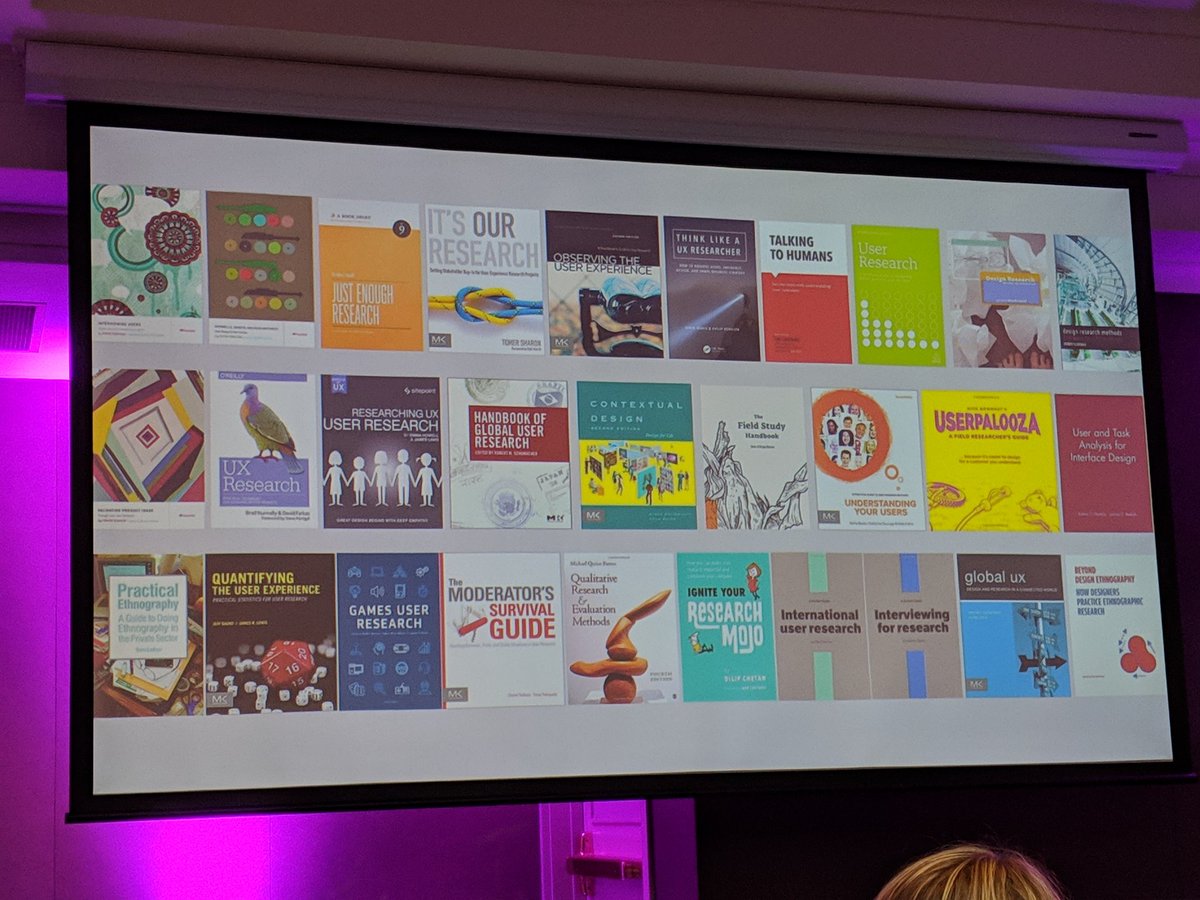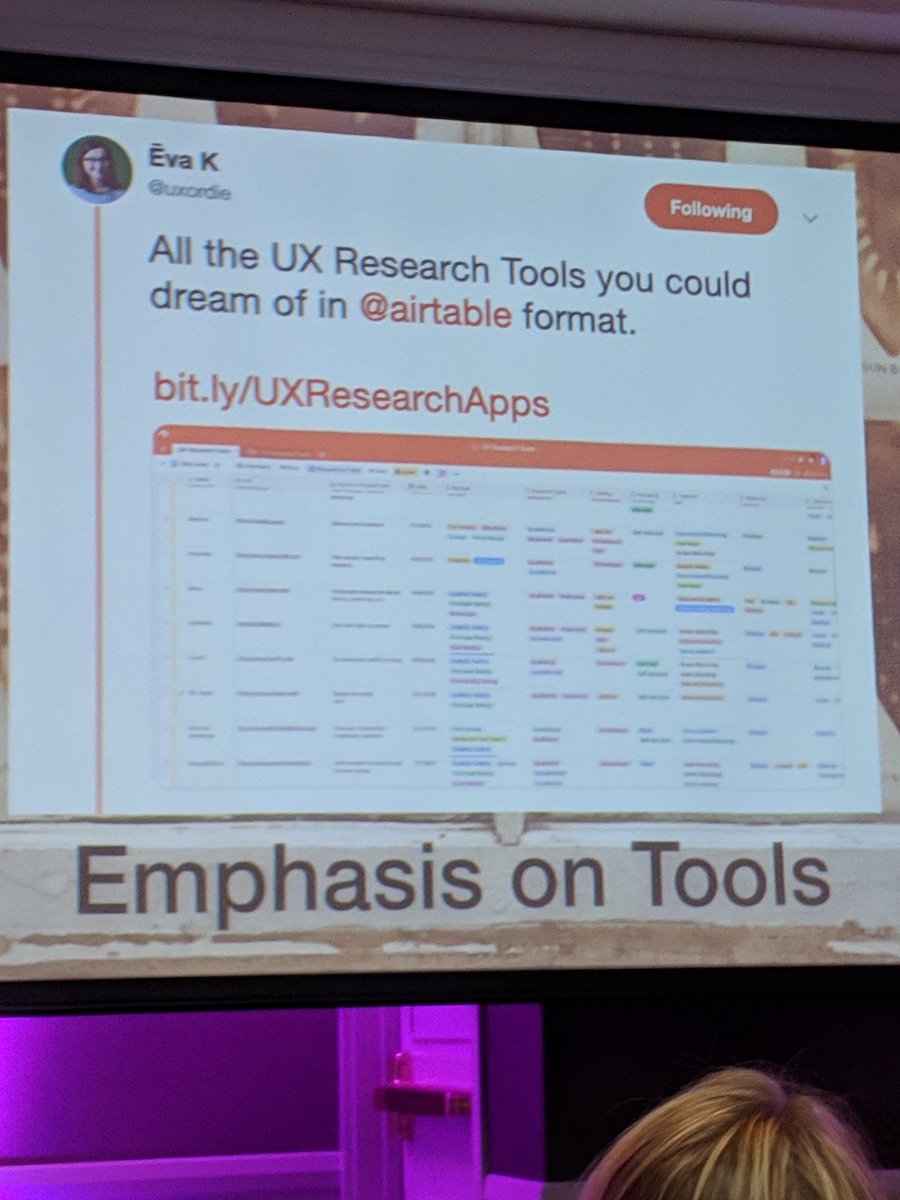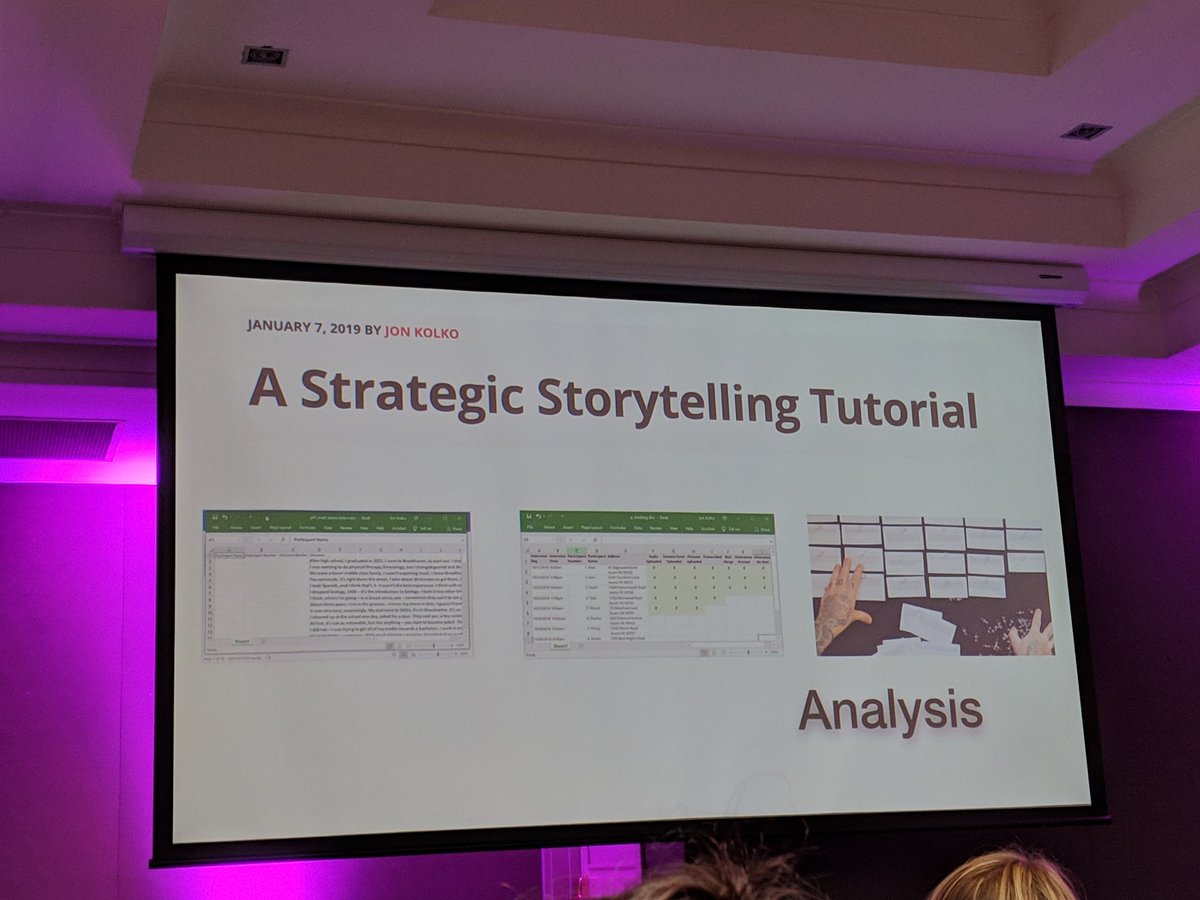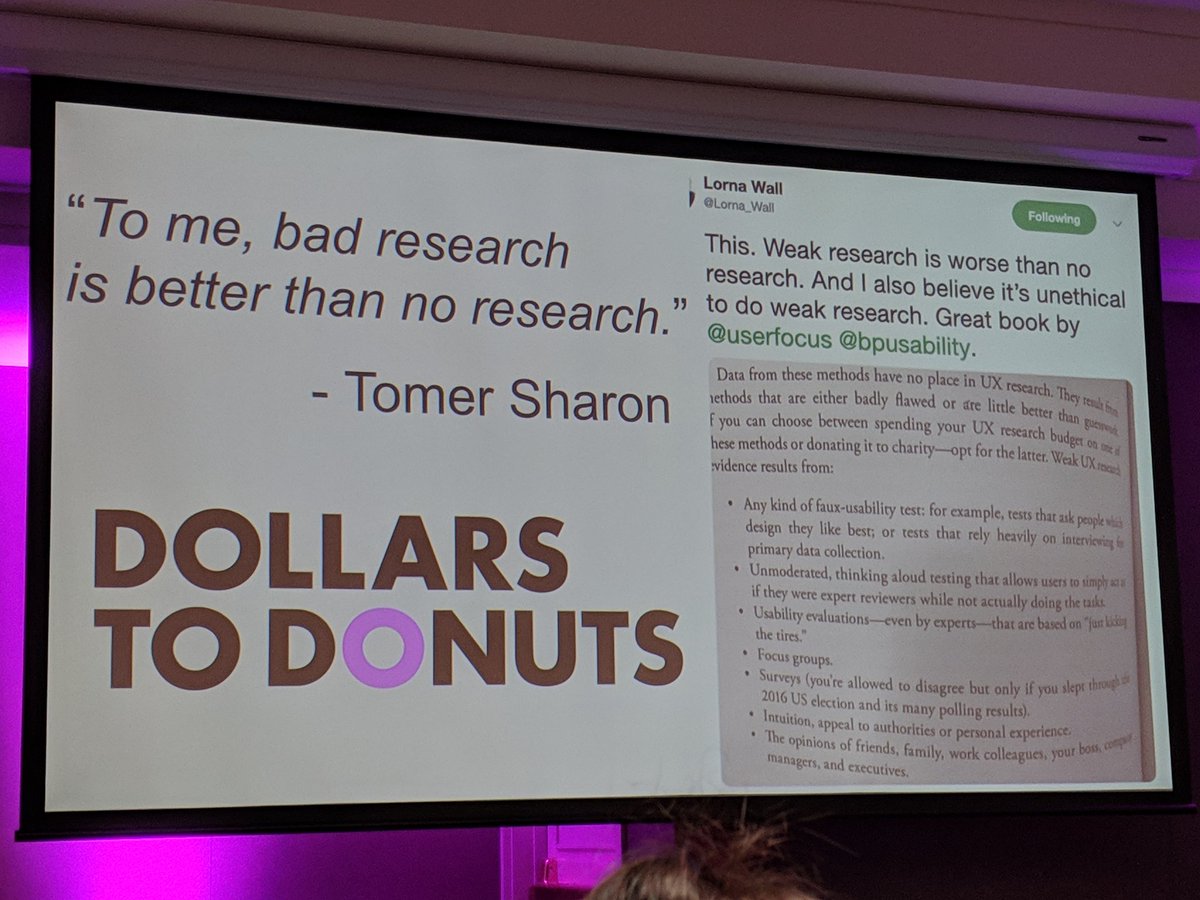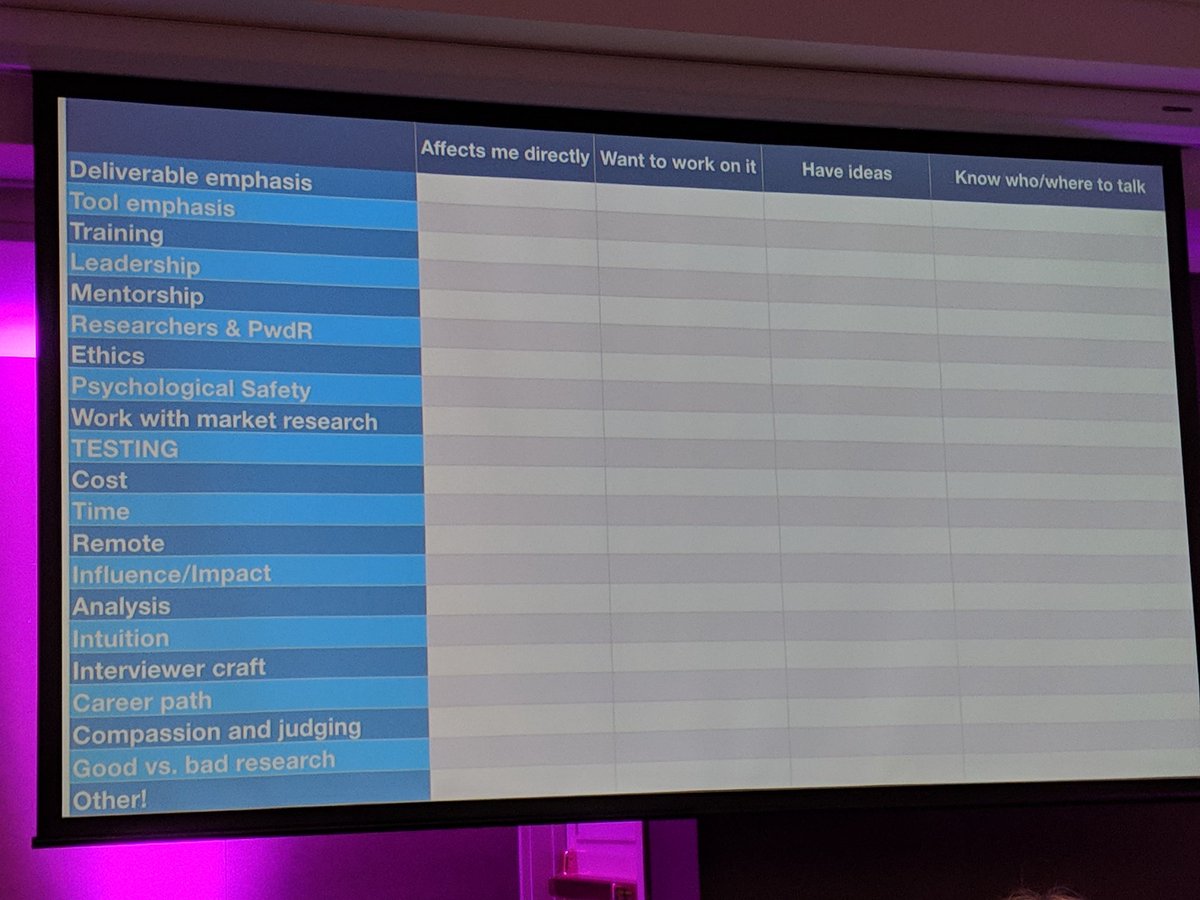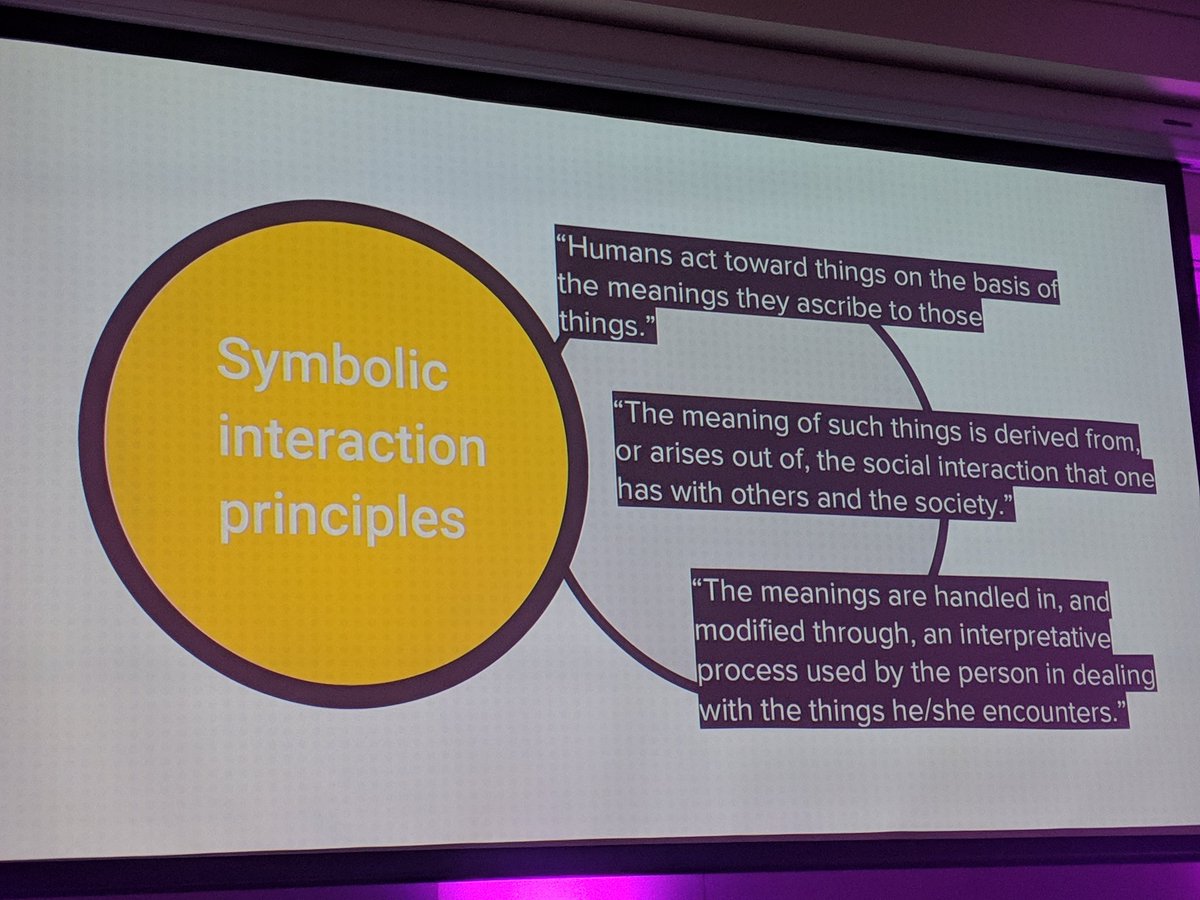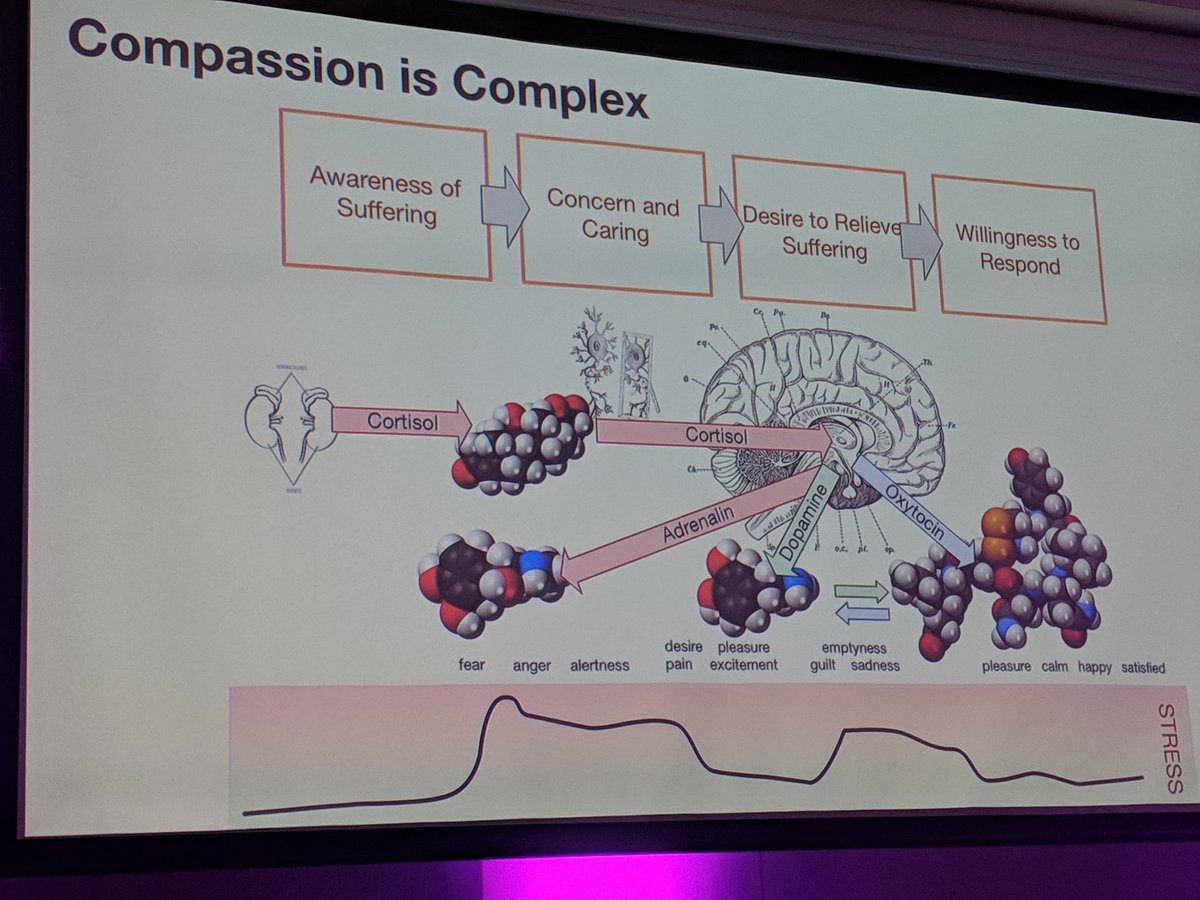#designresearch
#dr19
For the most part they're welcoming and friendly.
People are willing to help each other, dog up resources at request and create new ones.
Trying to channel the collective wisdom towards groups that haven't had access to that information.
We're a helping profession.
Equipment
Transcripts
Resources
A deluge of these questions positions us as a surface level "how" we do research instead of "why" we do research
It's easier to show a tangible artefacts rather than a squishy insight and feels like it reduces risk to the researcher.
They don't have the resources, mentorship or access to time to keep up to date.
Many of us are self taught and even if we have education it doesn't quite cover the actual work we're doing.
We have a wonderful supportive community that loves to help each other.
We're probably both.
In an org are you part of design?
Are you part of product?
Are you a support function?
We have a fallacy that research just finds what people want in a product. Where does research sit in innovation? Design Thinking is a disservice to research with its formulated approach.
Do we run methods?
Do we ensure the quality of insights
Do we facilitate other people doing that?
Or do we do all of that?
We like empowering other to do work, if we're training other people to do our job what does that mean for us as a profession? Will we have jobs?
It's also creating a perception that research can be made into a checkbox exercise
Research as a Process
Research as a Profession
There's a range of possibilities of what we do.
We don't want to continually get caught up in this conversation
Why have we decided this is a very important part of research?
It's an area we haven't set the foundations of or had enough in depth conversations about.
Elevate the work you do by talking about what it brings, not what you've done.
There's pressure asking you to do more research formless money and with less people.
Can you stop a constraint from becoming a liability?
We can be pushed into a place where we only measure our success through the narrow framework that helps us fit into an existing organisational culture
We tell stories about other people doing research to validate their own narrative.
Steve is hopeful to find a place for intuition that doesn't threaten our rigor.
So much of our detail of craft is written instead of spoken, what are we missing out on not involving an out loud practice.
What does our future look like?
Will there always be researchers? How many and what tasks?
It's impossible to know the answer but important to have the conversation.
Are we supposed to judge if someone needs help after our session? How do we balance our imperative not to judge with our compassion to help.
There's a lot more we can do to miss compassion with non judgement researcher.
There's also a backlash against the backlash against empathy.
We're not going to let people take an important part of our practice and distort it.
We need small synchronous groups discussing these issues rather than only having online bites of a conversation.
We have the how might we questions to help us not develop and us and them mentality
"Get on with the fascination, the real relation, the underlying theme" — Rush

